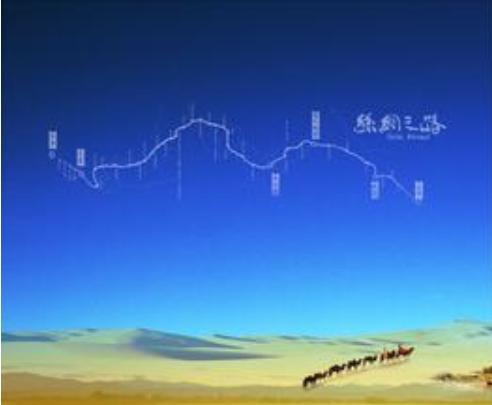海上伙伴关系是构建海上丝绸之路的关键

海上伙伴关系是构建21世纪海上丝绸之路的关键
2013年,国家主席习近平在印度尼西亚议会发表演讲时指出,东南亚已成为海上丝绸之路的重要枢纽,中国愿与东盟国家加强海上合作,推动海上伙伴关系,共建21世纪海上丝绸之路。习近平主席的演讲为海上丝绸之路的发展指明了清晰路径。加强海上合作将是构建海上丝绸之路的首要任务。第一步将涉及中国与沿线国家推动务实海上合作。
21世纪海上丝绸之路连接多个地区,团结广泛合作领域,其任务不会一蹴而就。相反,这些任务要求中国和相关国家以循序渐进、务实的方式进行合作。构建海上丝绸之路需要多种形式的合作。以经济合作为重点,海上丝绸之路将兼顾各方利益。它将以现有合作机制和平台为基础,由中国和沿线其他国家共同推动。
21世纪海上丝绸之路将覆盖20多个国家和地区,这些国家和地区在加强交流、增进友谊、促进区域内外发展、安全与稳定方面具有广泛共识。海上丝绸之路已得到许多相关国家的积极响应和支持。例如,希腊总理安东尼斯·萨马拉斯明确表示,希腊将“支持并积极参与中国提出的共建21世纪海上丝绸之路倡议”。海上丝绸之路穿越国际战略敏感、地缘政治复杂的地区。该地区国家在规模、发展、历史、宗教、语言和文化上存在差异。因此,21世纪海上丝绸之路将满足各国需求,对各国采取适宜政策。同时,海上丝绸之路必须变革并巩固新的合作模式。
中国一直与周边国家建立友好关系和伙伴关系,并与海洋邻国发展海上伙伴关系,为与东盟及该地区国家的合作奠定了坚实基础。构建21世纪海上丝绸之路需要以下努力:首先,沿线主要国家必须就加强海上合作达成共识。近年来,中国领导层在高层对话中将海上合作作为双边讨论的重要议题,并设立了中国-东盟和中国-印尼海上合作基金。同时,中国积极推动东南亚、南亚和非洲国家之间的海上合作,并建立了各国海事部门间的高层机制。
其次,沿线国家必须在贸易、经济、文化和基础设施等领域开展务实合作。2012年,沿线国家贸易额占中国贸易总额的17.9%。沿线国家承包工程营业额占中国海外承包工程营业额的37.9%。中国与东盟人员往来近期突破1500万人次,双向留学生达到17万多人。
第三,沿线国家必须在海洋与气候变化、海洋灾害预防与减缓、生物多样性保护等海洋政策领域开展有效合作。2010年,印尼-中国海洋与气候中心(ICCOC)成立。2013年,中国-泰国气候与海洋生态系统联合实验室相继启动。2012年,中国政府设立海洋奖学金,从当年起,该奖学金将资助东南亚、非洲和拉丁美洲发展中国家的青年在中国攻读硕士或博士学位,以提升他们本国的海洋能力。